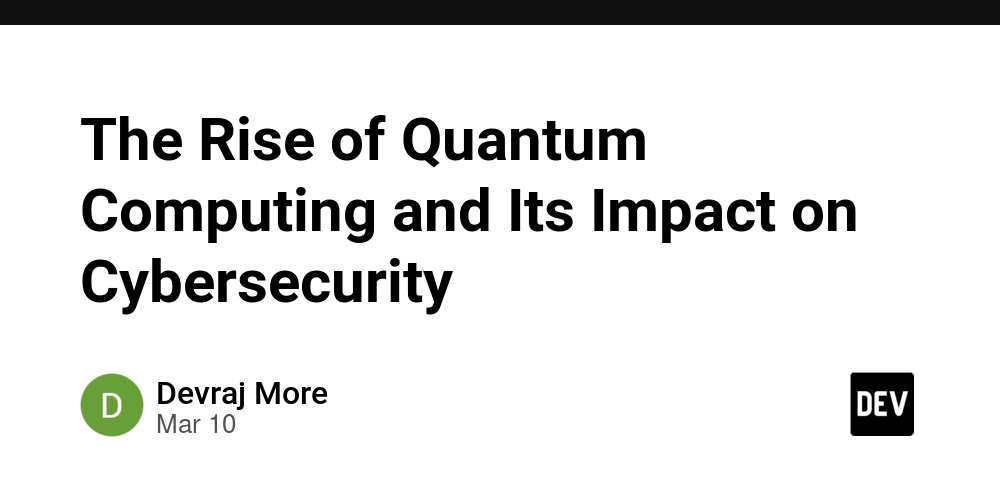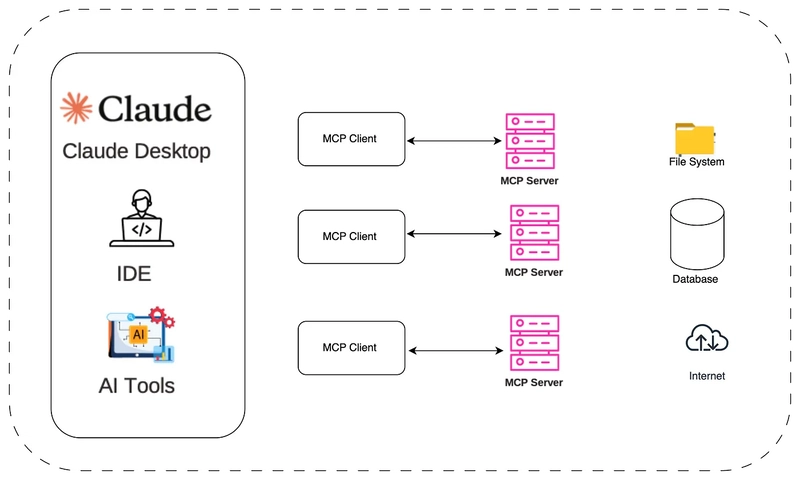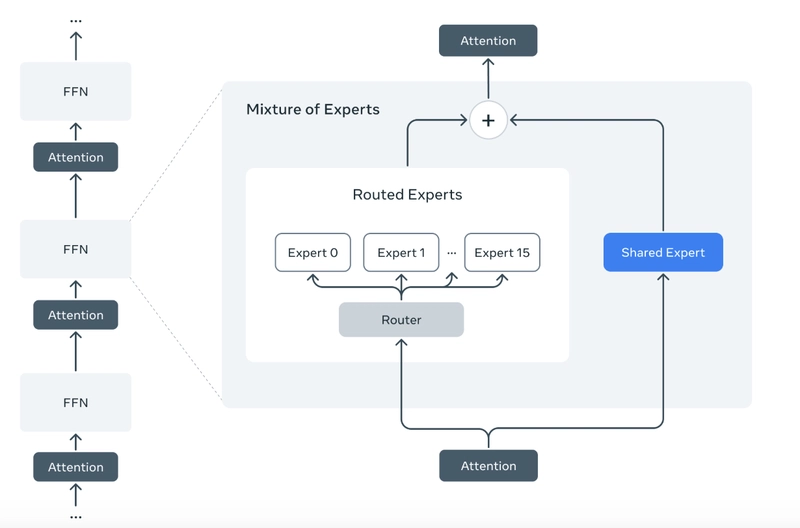The Rise of Quantum Computing and Its Impact on Cybersecurity
The advent of quantum computing is set to revolutionize various industries, including cybersecurity. Unlike classical computers, which process information in binary (0s and 1s), quantum computers use qubits to perform complex calculations at unprecedented speeds. While this technological breakthrough offers incredible advancements in data processing, it also poses serious cybersecurity risks by potentially rendering traditional encryption obsolete. For professionals looking to stay ahead in this evolving landscape, Cyber Security Professional Courses in Delhi provide the necessary training to understand and counteract the security challenges posed by quantum computing. What is Quantum Computing? Quantum computing leverages the principles of quantum mechanics—such as superposition and entanglement—to perform computations much faster than classical computers. While a traditional computer processes one calculation at a time, a quantum computer can solve multiple problems simultaneously, making it incredibly powerful. Key Features of Quantum Computing: Superposition – Qubits exist in multiple states (0 and 1) at the same time, exponentially increasing computing power. Entanglement – Qubits can be linked, meaning the state of one qubit influences the other, enabling ultra-fast processing. Quantum Parallelism – Allows for solving complex problems in seconds that would take classical computers years. How Quantum Computing Affects Cybersecurity While quantum computing presents exciting possibilities in artificial intelligence, healthcare, and cryptography, it also introduces significant risks to data security and encryption. Here’s how: Breaking Traditional Encryption Most cybersecurity systems today rely on encryption techniques such as RSA (Rivest-Shamir-Adleman), ECC (Elliptic Curve Cryptography), and AES (Advanced Encryption Standard). These encryption algorithms secure sensitive data by making it computationally infeasible for classical computers to decrypt information without a key. However, quantum computers, with their immense processing power, could easily crack these encryption methods, exposing sensitive data to cybercriminals. A well-known algorithm called Shor’s Algorithm can factor large prime numbers exponentially faster than classical algorithms, making current encryption methods obsolete. Quantum-Powered Cyber Attacks With quantum computing, hackers could develop new attack techniques that bypass traditional security measures. This could lead to: Quantum brute force attacks that break passwords and encryption in seconds. Enhanced malware and cyber espionage, targeting high-value data in finance, healthcare, and government sectors. Undetectable quantum attacks that manipulate blockchain and cryptographic systems. Threat to Blockchain and Cryptocurrency Blockchain technology relies on cryptographic hashing and public-private key encryption to secure transactions. Quantum computers could potentially reverse-engineer cryptographic keys, leading to fraud, data breaches, and financial losses in the cryptocurrency market. Need for Post-Quantum Cryptography (PQC) To counteract the quantum threat, researchers are developing Post-Quantum Cryptography (PQC)—encryption algorithms that quantum computers cannot easily break. The National Institute of Standards and Technology (NIST) is working on standardizing quantum-resistant encryption methods to safeguard sensitive data in the quantum era. How Businesses Can Prepare for Quantum Cybersecurity Threats Organizations must take proactive measures to prepare for the quantum revolution and its impact on cybersecurity. Here’s how: Adopt Quantum-Safe Encryption Transition from traditional RSA and ECC encryption to quantum-resistant algorithms. Implement lattice-based, hash-based, and multivariate polynomial cryptography to secure sensitive data. Invest in Quantum Cybersecurity Training Organizations should train cybersecurity teams to understand quantum threats. Enroll in Cyber Security Professional Courses in Delhi to stay updated on quantum cryptography and secure computing practices. Monitor Quantum Computing Developments Stay informed about advancements in quantum computing research and its impact on cybersecurity. Engage in collaborative initiatives with cybersecurity agencies to implement best practices. Strengthen Multi-Factor Authentication (MFA) Implement advanced biometric authentication and behavioral analysis to add extra security layers. Ensure authentication systems are quantum-resistant. Develop a Quantum-Ready Security Framework Organizations should integrate quantum-safe security measures into their IT infrastructure. Establish a cyber incident response plan to mitigate quantum-based attacks. The Role of Cybersecurity Professionals in the Quantum Era As quantum computing continues to advance, the demand for cybersecurity experts who understand its implications is skyrocketing. By enrolling in C

The advent of quantum computing is set to revolutionize various industries, including cybersecurity. Unlike classical computers, which process information in binary (0s and 1s), quantum computers use qubits to perform complex calculations at unprecedented speeds. While this technological breakthrough offers incredible advancements in data processing, it also poses serious cybersecurity risks by potentially rendering traditional encryption obsolete.
For professionals looking to stay ahead in this evolving landscape, Cyber Security Professional Courses in Delhi provide the necessary training to understand and counteract the security challenges posed by quantum computing.
What is Quantum Computing?
Quantum computing leverages the principles of quantum mechanics—such as superposition and entanglement—to perform computations much faster than classical computers. While a traditional computer processes one calculation at a time, a quantum computer can solve multiple problems simultaneously, making it incredibly powerful.
Key Features of Quantum Computing:
Superposition – Qubits exist in multiple states (0 and 1) at the same time, exponentially increasing computing power.
Entanglement – Qubits can be linked, meaning the state of one qubit influences the other, enabling ultra-fast processing.
Quantum Parallelism – Allows for solving complex problems in seconds that would take classical computers years.
How Quantum Computing Affects Cybersecurity
While quantum computing presents exciting possibilities in artificial intelligence, healthcare, and cryptography, it also introduces significant risks to data security and encryption. Here’s how:
- Breaking Traditional Encryption
Most cybersecurity systems today rely on encryption techniques such as RSA (Rivest-Shamir-Adleman), ECC (Elliptic Curve Cryptography), and AES (Advanced Encryption Standard). These encryption algorithms secure sensitive data by making it computationally infeasible for classical computers to decrypt information without a key.
However, quantum computers, with their immense processing power, could easily crack these encryption methods, exposing sensitive data to cybercriminals. A well-known algorithm called Shor’s Algorithm can factor large prime numbers exponentially faster than classical algorithms, making current encryption methods obsolete.
- Quantum-Powered Cyber Attacks
With quantum computing, hackers could develop new attack techniques that bypass traditional security measures. This could lead to:
Quantum brute force attacks that break passwords and encryption in seconds.
Enhanced malware and cyber espionage, targeting high-value data in finance, healthcare, and government sectors.
Undetectable quantum attacks that manipulate blockchain and cryptographic systems.
- Threat to Blockchain and Cryptocurrency
Blockchain technology relies on cryptographic hashing and public-private key encryption to secure transactions. Quantum computers could potentially reverse-engineer cryptographic keys, leading to fraud, data breaches, and financial losses in the cryptocurrency market.
- Need for Post-Quantum Cryptography (PQC)
To counteract the quantum threat, researchers are developing Post-Quantum Cryptography (PQC)—encryption algorithms that quantum computers cannot easily break. The National Institute of Standards and Technology (NIST) is working on standardizing quantum-resistant encryption methods to safeguard sensitive data in the quantum era.
How Businesses Can Prepare for Quantum Cybersecurity Threats
Organizations must take proactive measures to prepare for the quantum revolution and its impact on cybersecurity. Here’s how:
- Adopt Quantum-Safe Encryption
Transition from traditional RSA and ECC encryption to quantum-resistant algorithms.
Implement lattice-based, hash-based, and multivariate polynomial cryptography to secure sensitive data.
- Invest in Quantum Cybersecurity Training
Organizations should train cybersecurity teams to understand quantum threats.
Enroll in Cyber Security Professional Courses in Delhi to stay updated on quantum cryptography and secure computing practices.
- Monitor Quantum Computing Developments
Stay informed about advancements in quantum computing research and its impact on cybersecurity.
Engage in collaborative initiatives with cybersecurity agencies to implement best practices.
- Strengthen Multi-Factor Authentication (MFA)
Implement advanced biometric authentication and behavioral analysis to add extra security layers.
Ensure authentication systems are quantum-resistant.
- Develop a Quantum-Ready Security Framework
Organizations should integrate quantum-safe security measures into their IT infrastructure.
Establish a cyber incident response plan to mitigate quantum-based attacks.
The Role of Cybersecurity Professionals in the Quantum Era
As quantum computing continues to advance, the demand for cybersecurity experts who understand its implications is skyrocketing. By enrolling in Cyber Security Professional Courses in Delhi, professionals can:
Gain expertise in quantum cryptography and post-quantum encryption.
Learn about threat detection and risk management in quantum environments.
Master ethical hacking and penetration testing to counteract emerging cyber threats.
Secure lucrative job opportunities in cybersecurity firms, government agencies, and financial institutions.
Conclusion: Prepare for the Future of Cybersecurity
Quantum computing is set to transform the digital world, and businesses must proactively safeguard their systems against potential cyber threats. The emergence of quantum-powered attacks makes it crucial for organizations to adopt quantum-safe encryption and invest in cybersecurity training.
If you’re looking to build a career in this high-demand field, now is the perfect time to enroll in Cyber Security Professional Courses in Delhi. Gain cutting-edge skills, stay ahead of cyber threats, and become a leader in the quantum cybersecurity revolution.









































































































































































![[The AI Show Episode 142]: ChatGPT’s New Image Generator, Studio Ghibli Craze and Backlash, Gemini 2.5, OpenAI Academy, 4o Updates, Vibe Marketing & xAI Acquires X](https://www.marketingaiinstitute.com/hubfs/ep%20142%20cover.png)


























































































































![[FREE EBOOKS] The Kubernetes Bible, The Ultimate Linux Shell Scripting Guide & Four More Best Selling Titles](https://www.javacodegeeks.com/wp-content/uploads/2012/12/jcg-logo.jpg)



![From drop-out to software architect with Jason Lengstorf [Podcast #167]](https://cdn.hashnode.com/res/hashnode/image/upload/v1743796461357/f3d19cd7-e6f5-4d7c-8bfc-eb974bc8da68.png?#)







































































































.png?#)




.jpg?#)
































_Christophe_Coat_Alamy.jpg?#)
 (1).webp?#)








































































































![Rapidus in Talks With Apple as It Accelerates Toward 2nm Chip Production [Report]](https://www.iclarified.com/images/news/96937/96937/96937-640.jpg)







































































































































